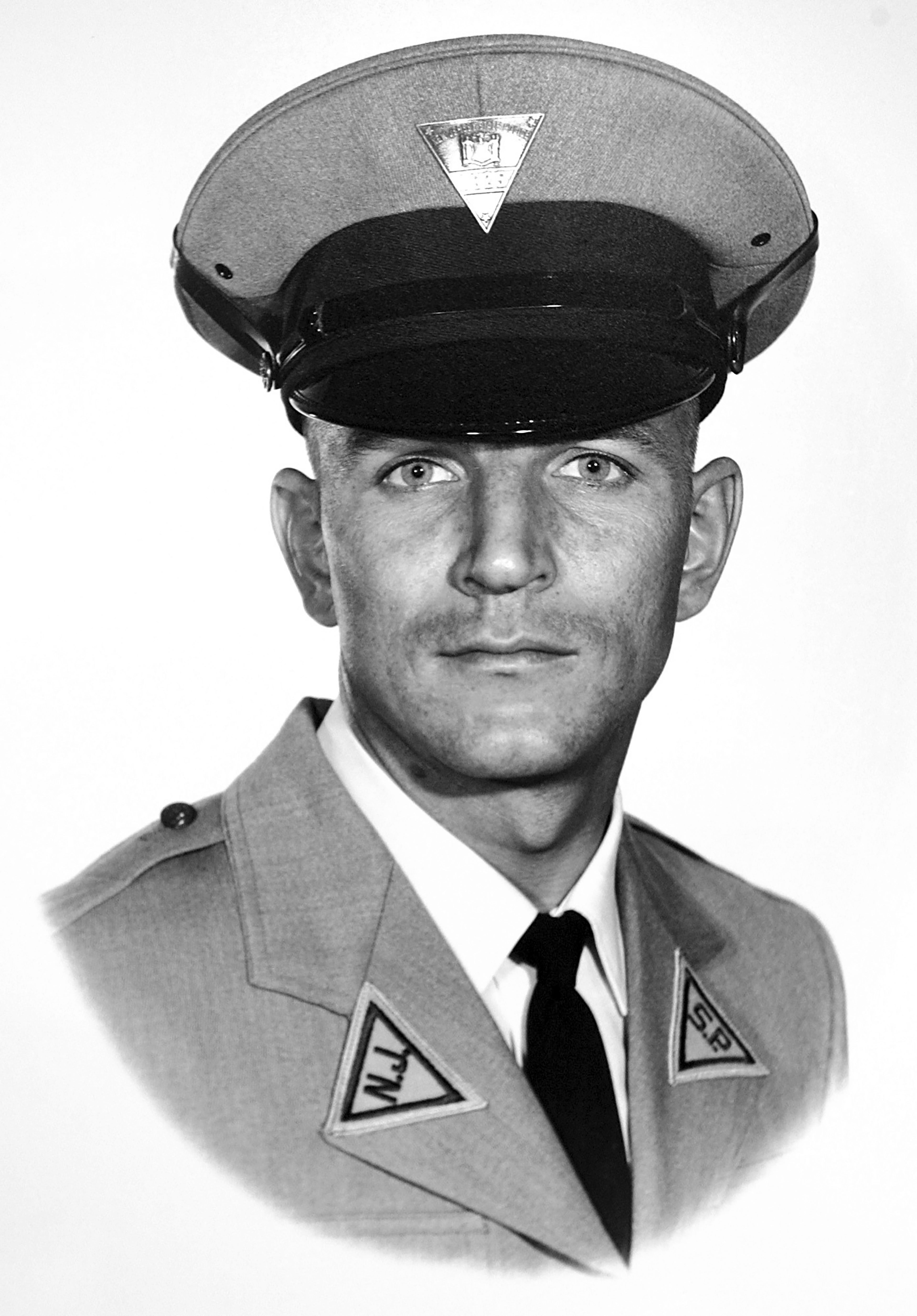Sundiata Acoli: Oldest former member of the Black Panthers gets parole after nearly five decades
Sundiata Acoli, 85, was sentenced to life for the shooting death of New Jersey state trooper Werner Foerster

After spending nearly half a century in prison, a New Jersey court granted parole to Sundiata Acoli, one of the oldest members of the Black Panthers who was convicted for the 1973 murder of a state trooper.
The 85-year-old was sentenced to life in prison in 1974 for the murder of Wener Foerster, who was killed in a shootout by the then-35-year-old after a routine traffic stop on the New Jersey Turnpike.
On Tuesday, after serving 49 years, the former Black Liberation Army member, the armed wing of the Black Panthers, was granted parole.
“When I talked to Sundiata today and told him that the court had ruled in his favour, I must’ve repeated it at least six times ... It was surreal for him,” attorney Soffiyah Elijah told CBS news.
Acoli, who had been denied parole routinely since becoming eligible 29 years ago, has maintained that he lost consciousness during the infamous 1973 shootout and when he came to, Foerster was no longer alive.

Black Liberation Army members Assata and Malik Shakur were also in the car that day in 1973 when Acoli was stopped by the state trooper. Assata, also convicted and sentenced to life, escaped from the New Jersey prison where she was being held in 1979 and now resides in Cuba where she was granted asylum by then-President Fidel Castro.
She remains a wanted fugitive.
In the New Jersey Supreme Court’s decision, which voted 3-2 in favour of overturning Acoli’s parole board ruling, they wrote: “No member of the Court disputes that Acoli commited a horrific crime. The issue, however, is whether Acoli, after nearly five decades of imprisonment, has satisfied the statutory demands that govern his parole eligibility.”
The written opinion added that the 85-year-old had an “exemplary” record while serving nearly five decades, and a psychologist assigned by the state detailed how Acoli had appeared to express genuine “deep regret” for his involvement in Foerster’s tragic death.
News that Acoli would be granted parole was met with celebration on one side, with family members and advocates rejoicing that the man who had served nearly two life sentences – a life sentence in New Jersey is 25 years – would be getting out.
“It will be like olden days, with peace and joy,” said Acoli’s sister, Alice Squire Fisher, in a video released on his official Twitter account. “We will let the world know who my brother really is.”
Not everyone viewed the parole of the 85-year-old, who suffers from dementia and other health issues, according to CBS, as a moment worth marking.
Governor Phil Murphy of New Jersey expressed his “deep disappointment” with the court for granting parole.
“Our men and women in uniform are heroes, and anyone who would take the life of an officer on duty should remain behind bars until the end of their life,” the governor said in a prepared statement.
Gov Murphy also cited a 1996 law passed in New Jersey by then-Governor Christine Whitman that stated that felons convicted of murdering an officer on duty would be sentenced to life without a chance for parole.
Acoli, however, was sentenced in 1974, meaning that the law would not apply to his case.
Attorneys told CBS that he plans to go and live with his family in New York, residing with his daughters, nieces and grandchildren.



Join our commenting forum
Join thought-provoking conversations, follow other Independent readers and see their replies
Comments